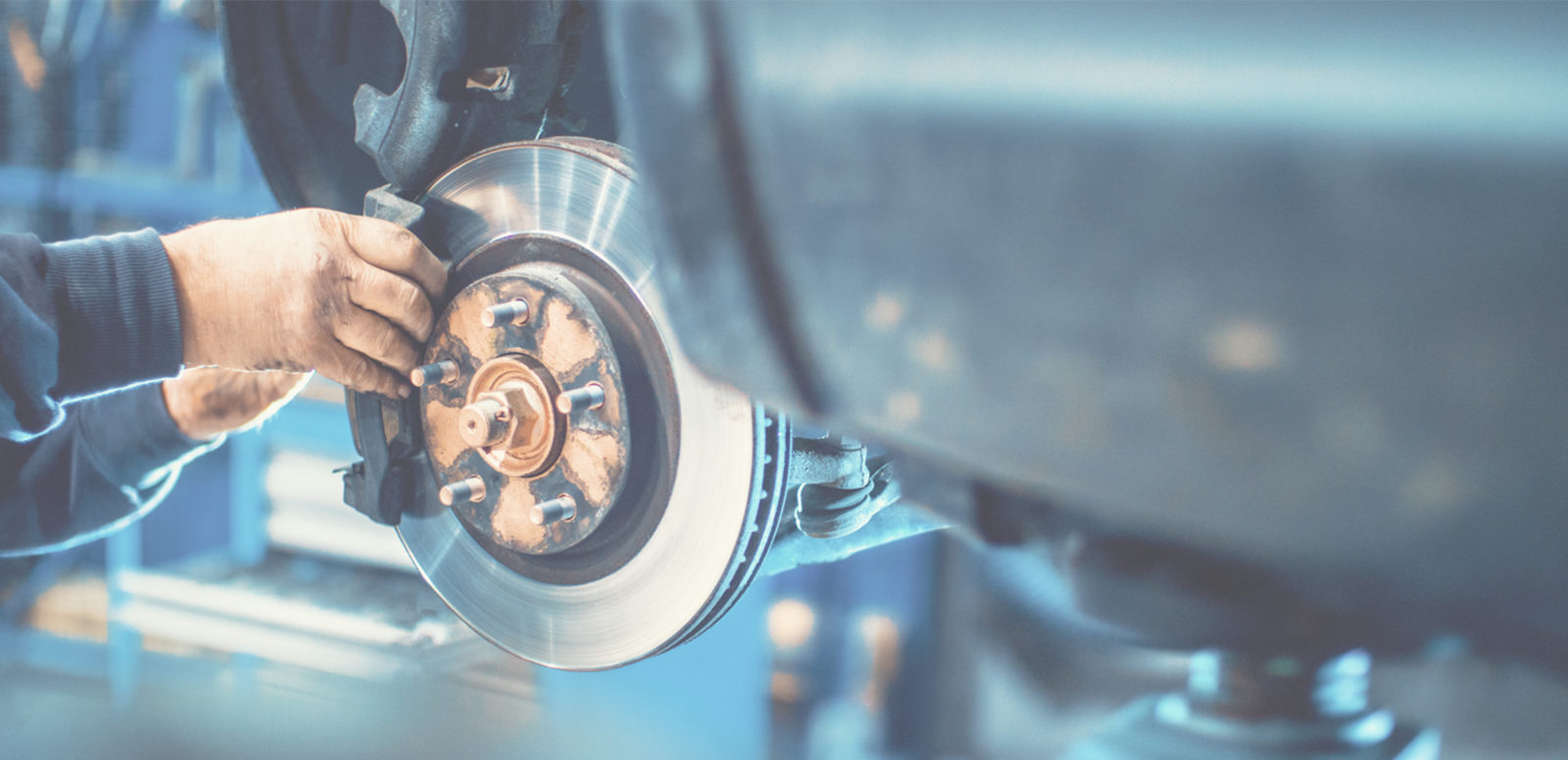Knight Law Group believes that California consumers like you deserve the best legal representation possible. Our lemon law attorneys hold automakers accountable when they fail their basic obligation to not sell defective and unsafe products. Our record verdicts and successful client outcomes are the result of a hard-working, all-star team working with a wealth of best-in-class experts and cutting-edge resources. Contact us if you are looking to find a lemon law attorney that you can count on.
Get the Largest Cash Compensation for Your Lemon Car
Looking to find a lemon law attorney? Lemon Law Help by Knight Law Group wins more cases, and with better results, than any other California Lemon Law Attorney.
Does the California Lemon Law Protect Me?
Our California Lemon Law attorneys protect California residents who purchase new vehicles from a licensed dealership in California. Additionally, a manufacturer’s warranty must have been purchased with the vehicle.
Members of the Armed Forces
Members of the Armed Forces have protection through the California Lemon Law if they are stationed in California at the time of the vehicle purchase or at the time they file a California Lemon Law claim.

How Do I Know if My Car is a Lemon?
-

The car experiences recurring problems that
-

Affect the car's use, safety or value
-

Are not the result of abuse or poor maintenance
-

Are not resolved within a reasonable number of repair attempts
Industry-Leading Settlements for Vehicle Owners
When large businesses and corporations fail in their obligations to consumers, we aim to hold them accountable and help consumers get the recovery they deserve. As a result, our firm consistently obtains industry-leading settlements and record verdicts for vehicle owners and lessees across California.
 $1.4 million |
 $8.1 million |
 $2.8 million |


 99% Success Rate
99% Success Rate




